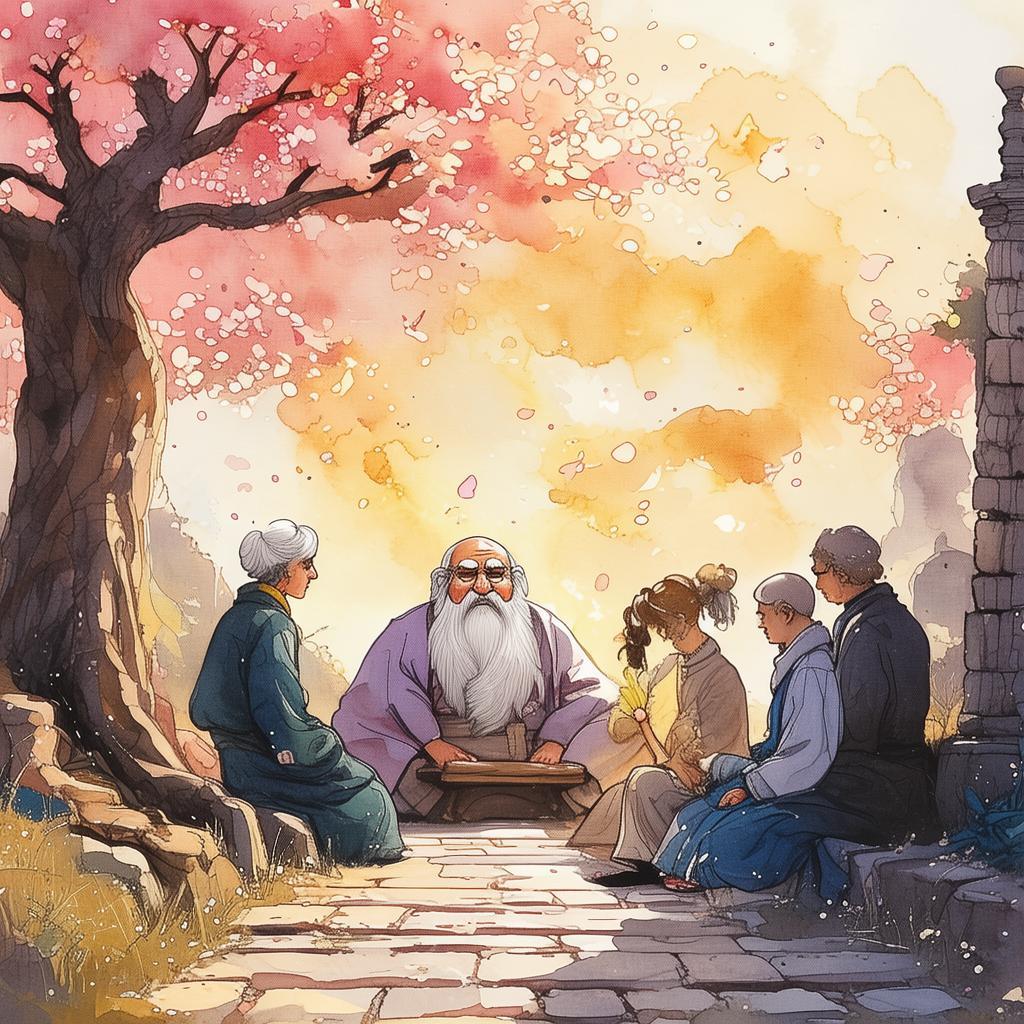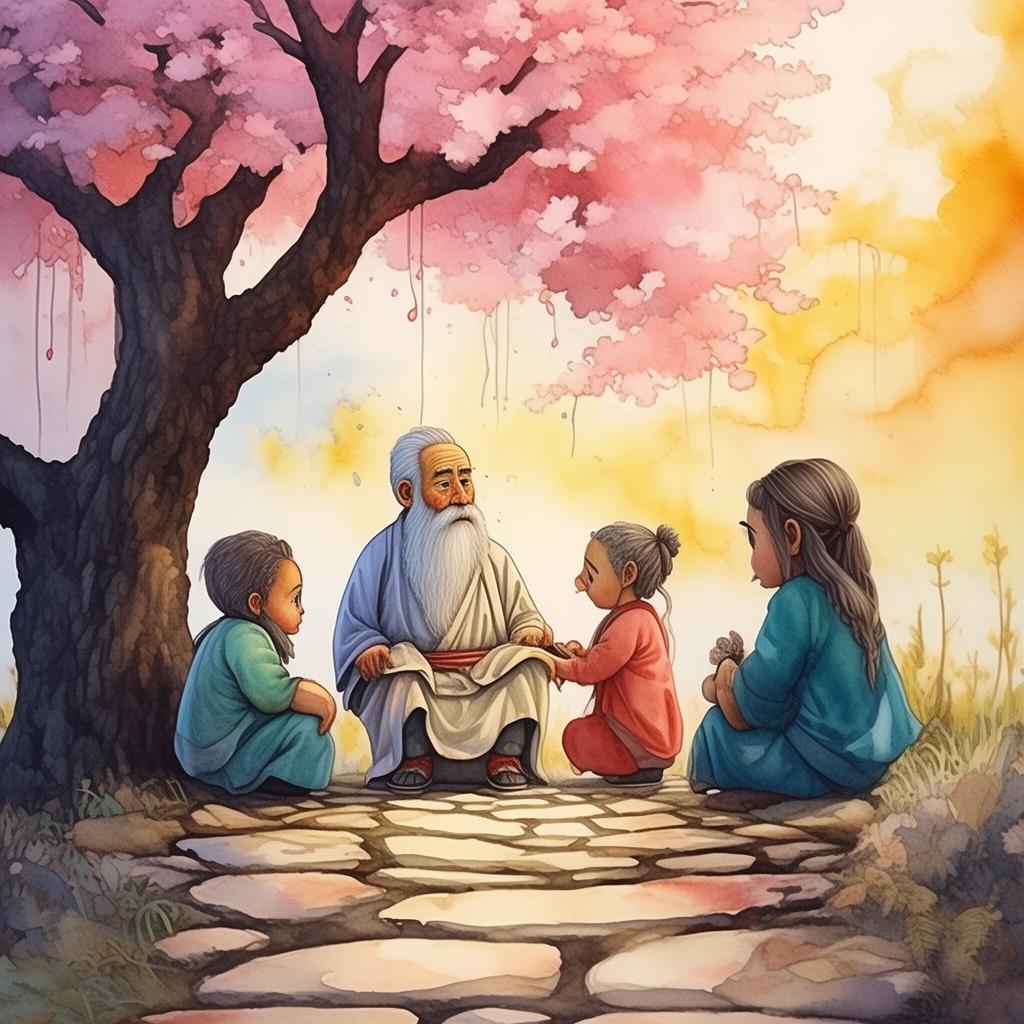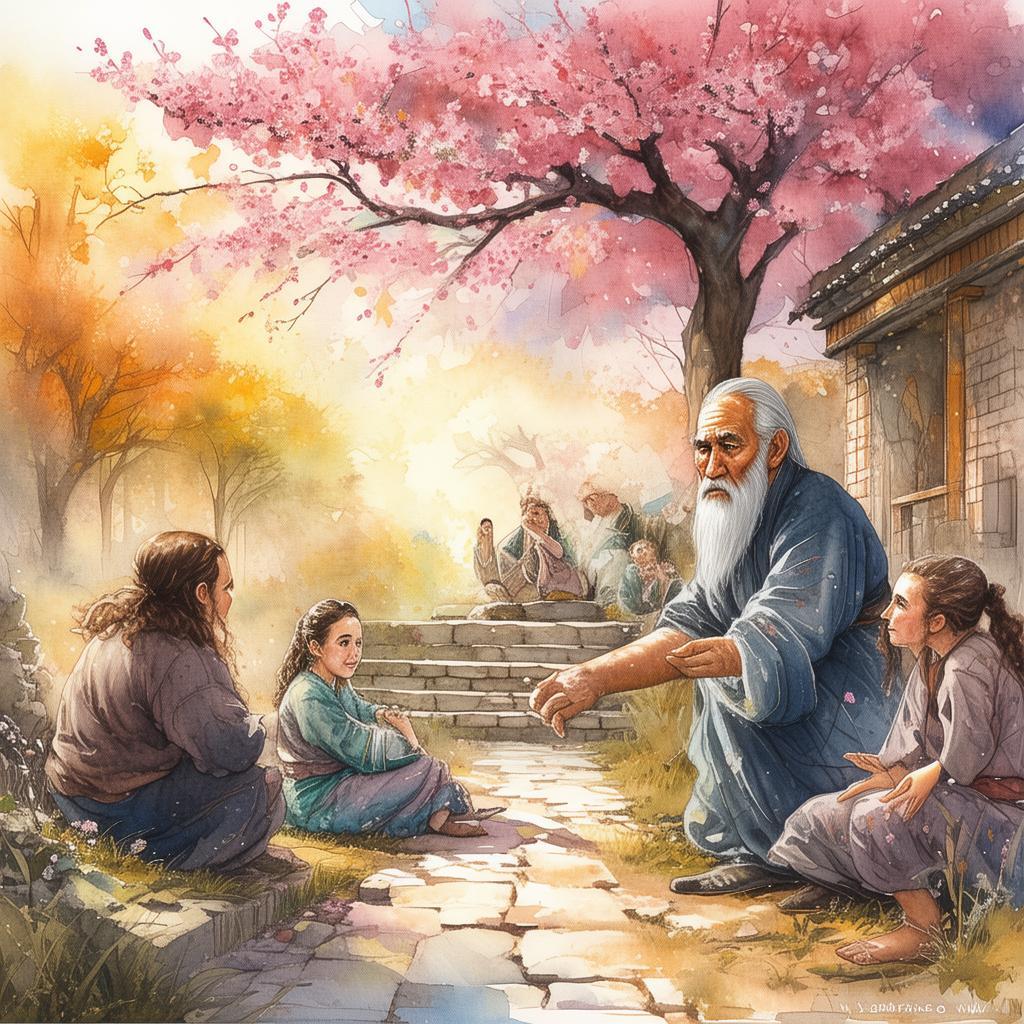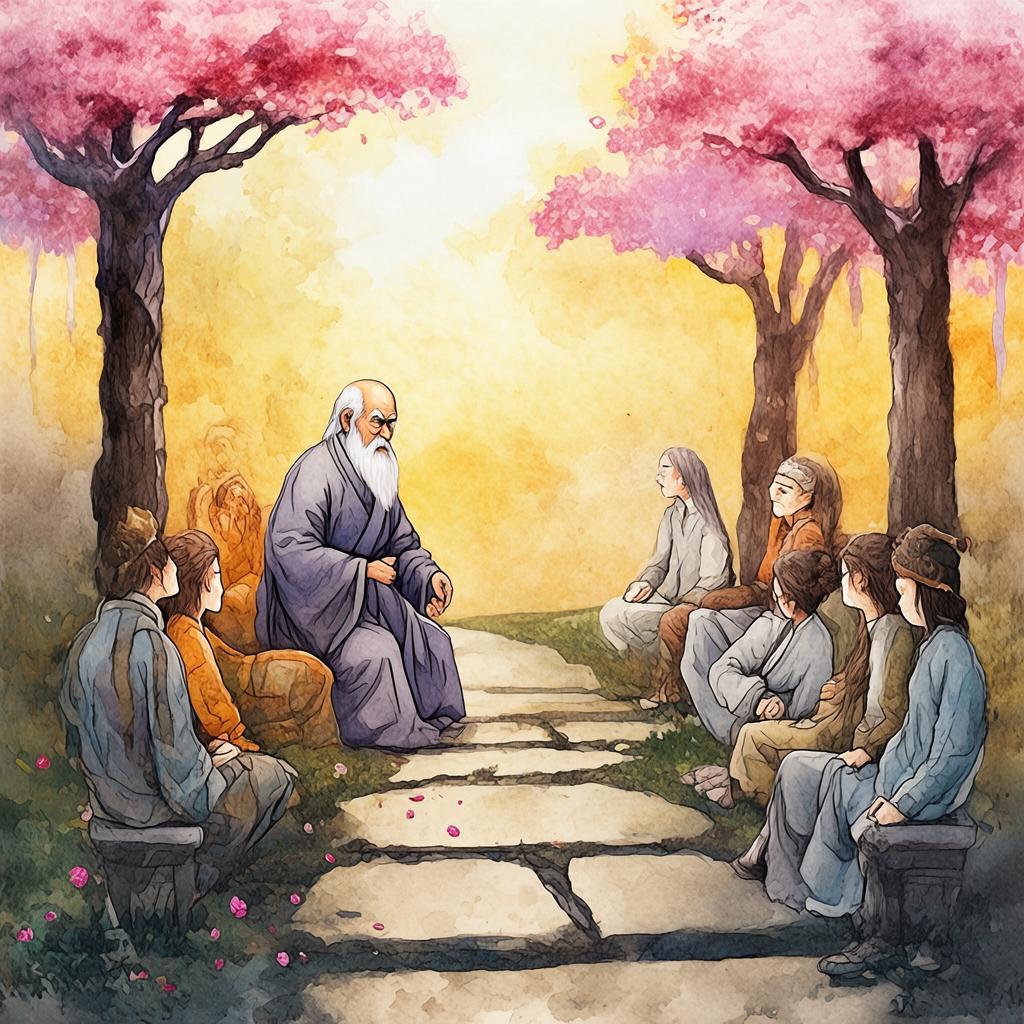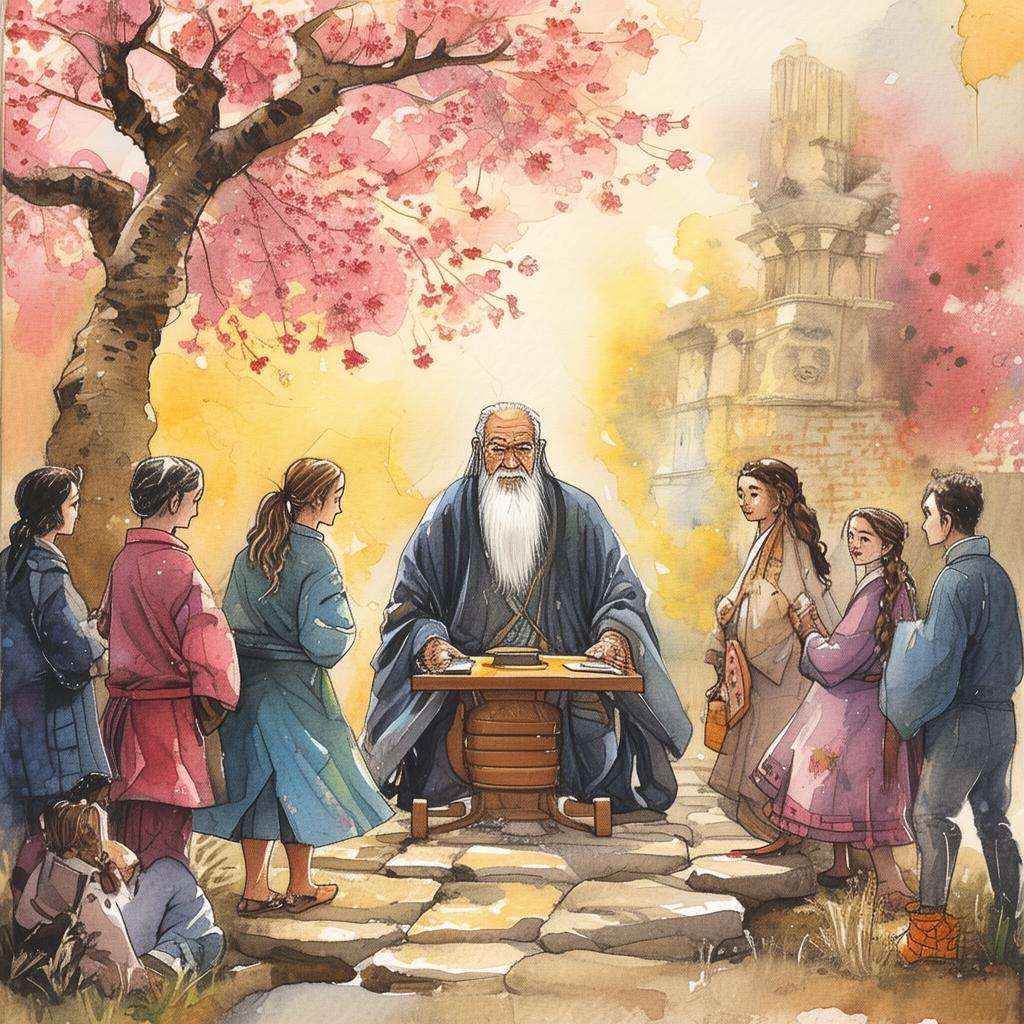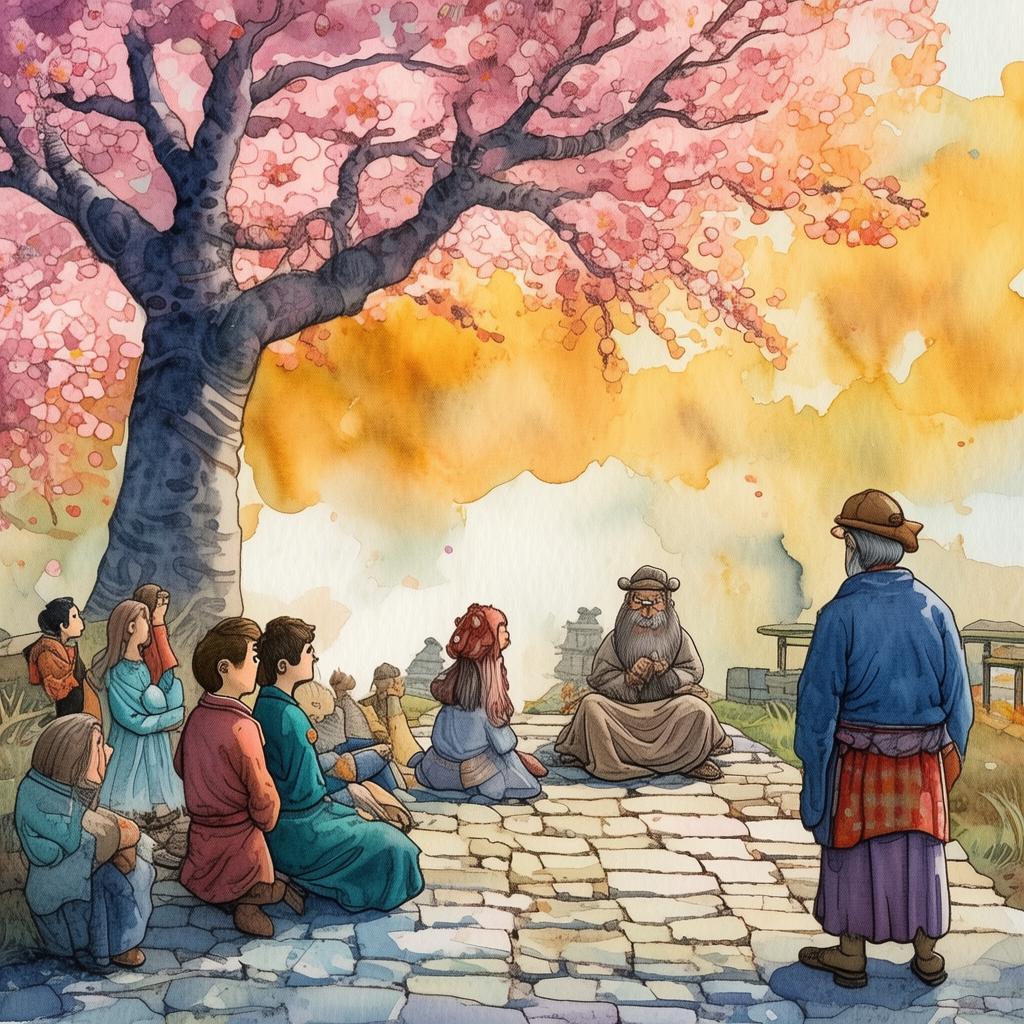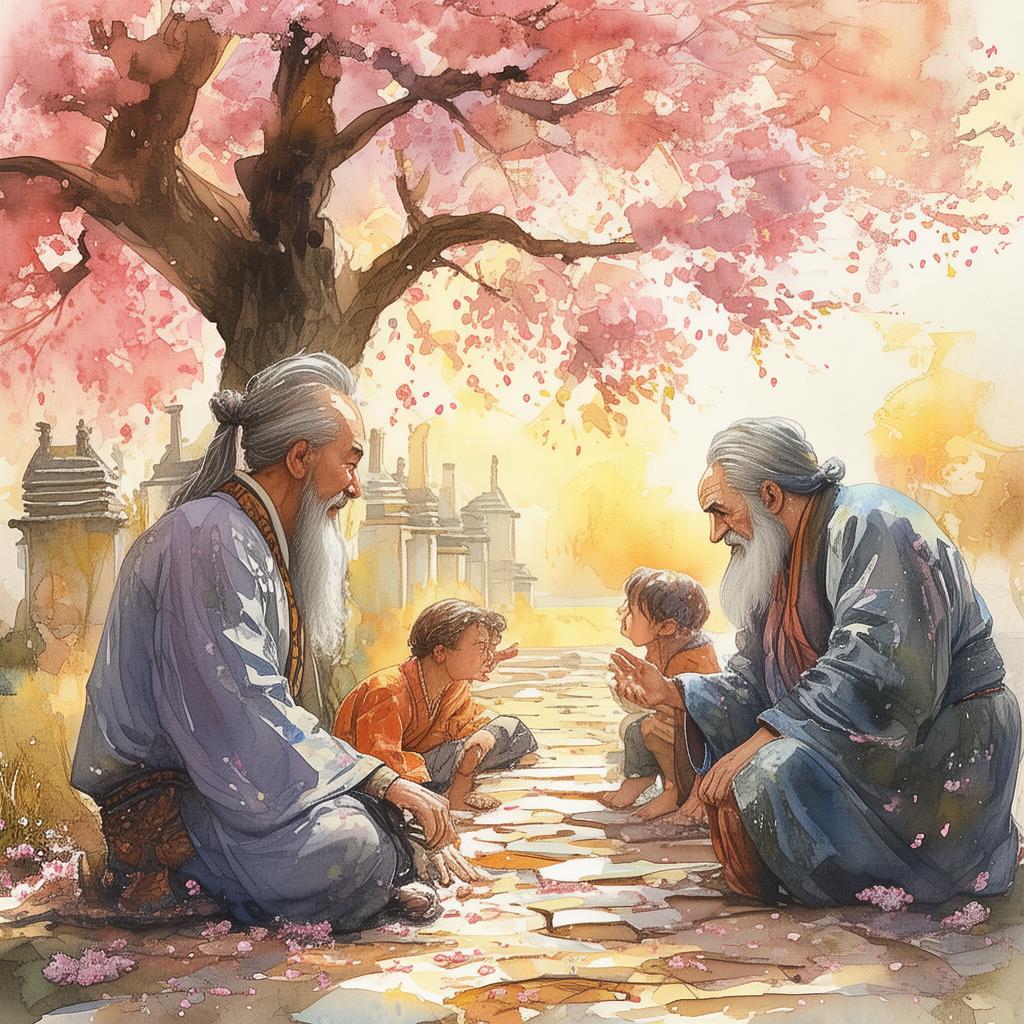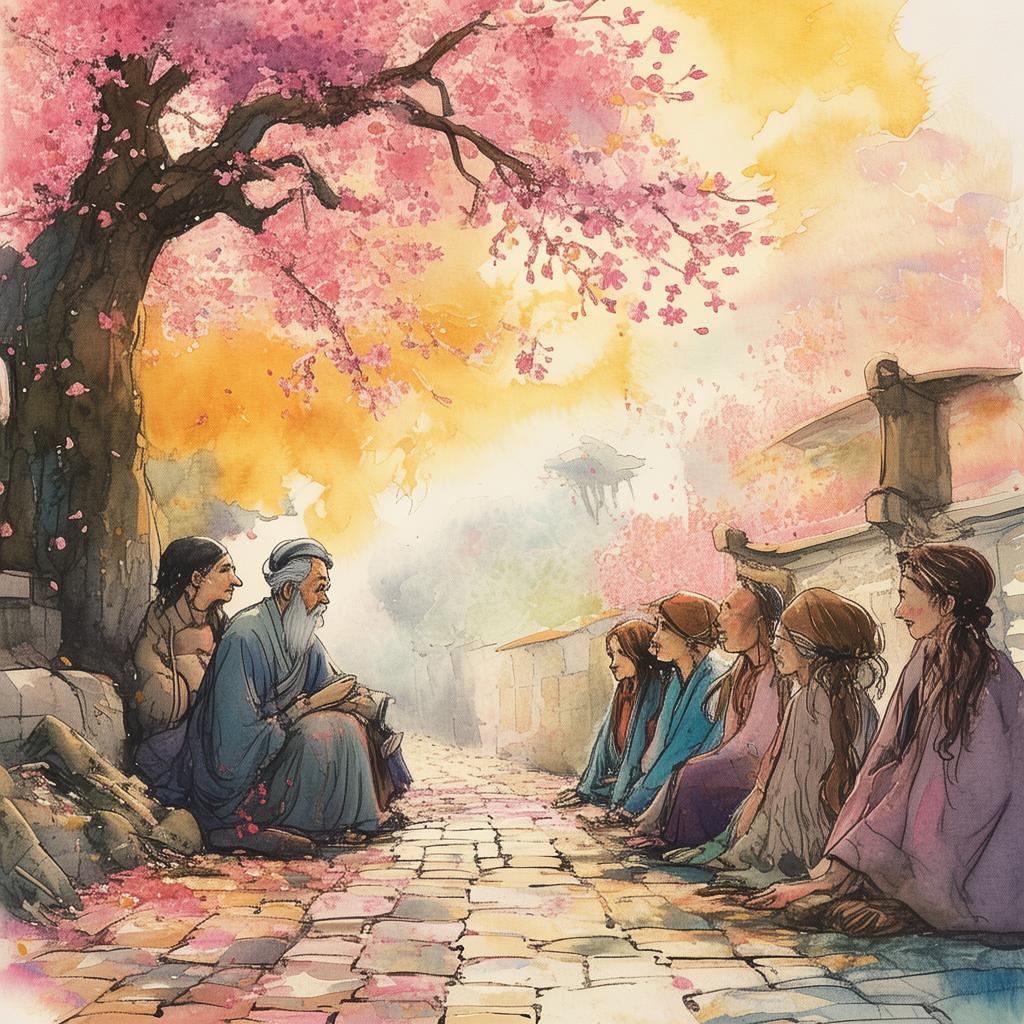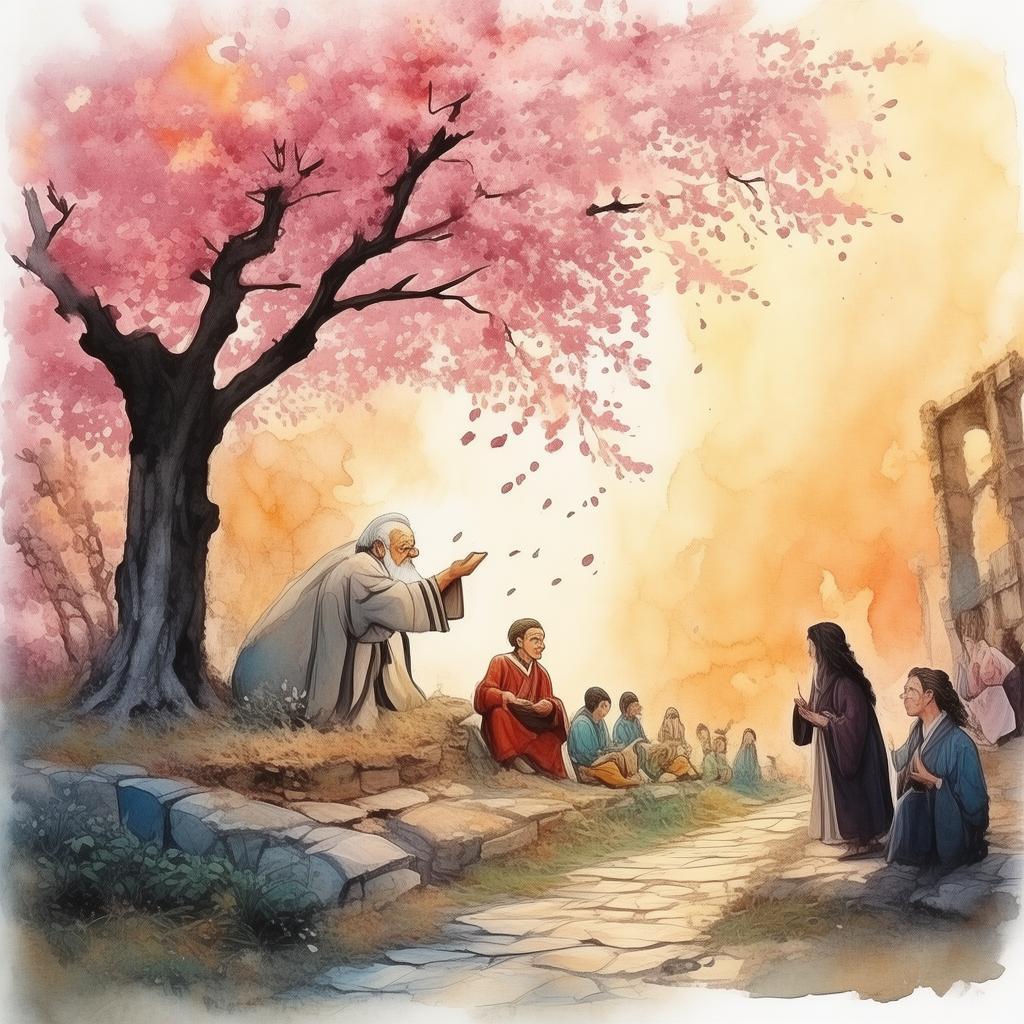The Battle of Wits: A Chess Master's Dilemma
In the waning days of the Tang Dynasty, a kingdom was embroiled in a fierce battle against its neighboring rival. The fate of the kingdom rested on the shoulders of a legendary chess master, known as Master Li. Master Li was not only renowned for his unparalleled skill in the ancient game of Go but also for his unparalleled strategic acumen.
As the war raged on, the king summoned Master Li to the royal chambers. The king, a man of few words but great intellect, presented Master Li with a daunting task. The kingdom's army was dwindling, and the enemy was preparing for a final, decisive assault. The king had heard tales of Master Li's ability to foresee the future through the intricate patterns of the Go board, and he sought his counsel.
"The enemy's army is vast and their resolve unyielding," the king declared. "We must devise a strategy that will turn the tide of this war. But there is a catch. You must play a game of Go with the enemy's general, and the outcome of the game will determine the outcome of the war. If you win, we will have the upper hand. If you lose, we will be defeated."
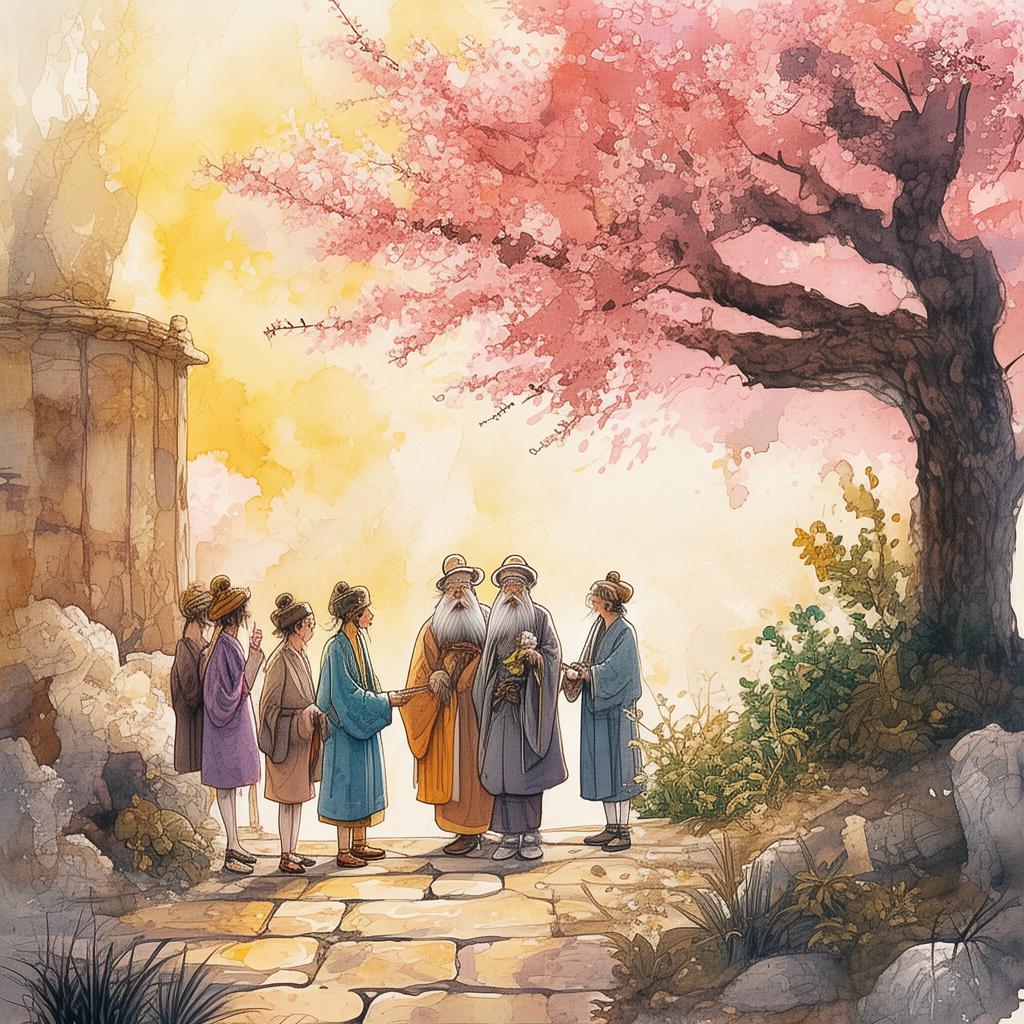
Master Li bowed his head, pondering the gravity of the situation. He knew that the game was not just a contest of skill but a test of loyalty and courage. He had a family, a kingdom, and a legacy to consider. But the king's command was clear, and he could not turn his back on his duty.
As the day of the game approached, Master Li spent hours in contemplation. He analyzed every possible move, every potential strategy, and every potential outcome. He realized that the game was not just about winning or losing; it was about making the right choice.
The day of the game arrived. The enemy's general, a man as cunning as he was ruthless, awaited Master Li on the field. The two men faced each other, their eyes locked in a silent battle of wills. Master Li's mind raced as he laid out his opening moves. The general's eyes narrowed with each of his responses.
As the game progressed, Master Li found himself in a dilemma. He could play for victory, but that would mean sacrificing the kingdom's best soldiers to secure a win. Alternatively, he could play for peace, using his skill to create a draw that would allow the two armies to disengage and seek a truce.
In the final moments of the game, Master Li made his decision. He laid out a series of moves that would ensure a draw, allowing both sides to walk away from the conflict with their honor intact. The general, surprised by the turn of events, nodded in agreement and the game ended in a stalemate.
Word of the draw reached the king, who was overjoyed. He had known Master Li's skill, but he had not known his courage. The kingdom's army was bolstered by the news, and the general's forces were equally relieved. A truce was soon negotiated, and the war was brought to an end.
Master Li's decision to play for peace rather than victory became legendary. The story of "The Battle of Wits" spread far and wide, a testament to the power of strategic thinking and the importance of loyalty. The kingdom flourished under the truce, and Master Li's name was etched into the annals of history as a valiant strategist who chose peace over war.
The tale of Master Li's chess master's dilemma serves as a reminder that the true strength of a leader lies not only in their ability to win battles but in their wisdom to choose the path that leads to lasting peace.
✨ Original Statement ✨
All articles published on this website (including but not limited to text, images, videos, and other content) are original or authorized for reposting and are protected by relevant laws. Without the explicit written permission of this website, no individual or organization may copy, modify, repost, or use the content for commercial purposes.
If you need to quote or cooperate, please contact this site for authorization. We reserve the right to pursue legal responsibility for any unauthorized use.
Hereby declared.
